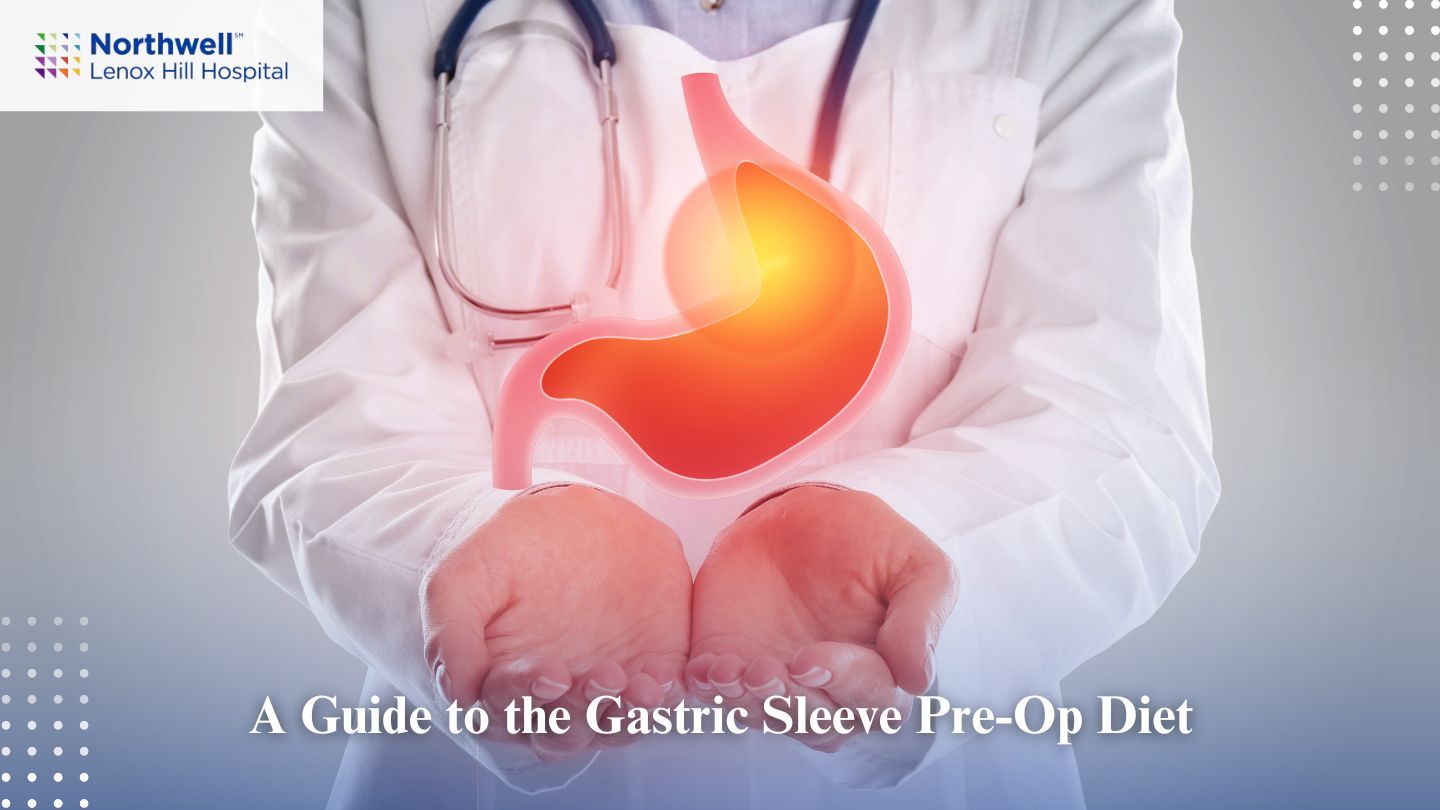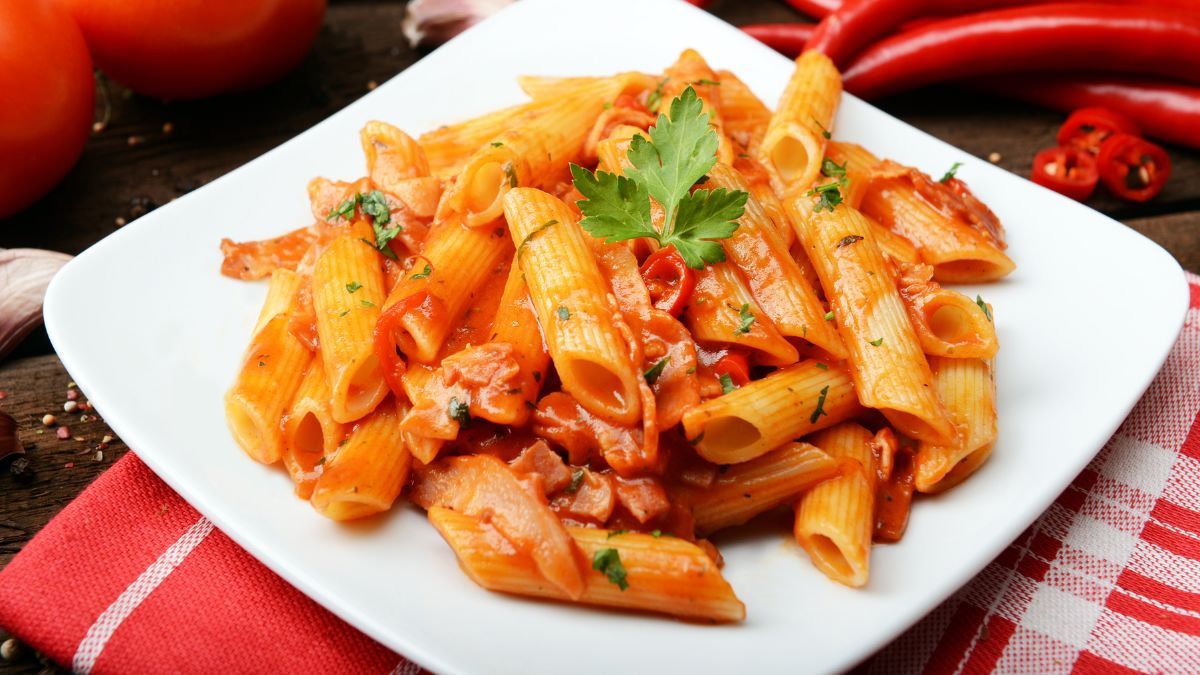Moderate And Severe Constipation After Gastric Sleeve: Is It Normal?
If you’re experiencing constipation after gastric sleeve surgery or gastric bypass, you’re not alone. Constipation is one of the most common side effects after bariatric surgery, especially in the early recovery stages. While it can be uncomfortable, it’s usually temporary and can be managed with the right care and adjustments to your diet and lifestyle.
Understanding why constipation happens after gastric sleeve or bariatric surgery will help you take simple steps to relieve discomfort and support healthy digestion as your body heals.
Why Constipation Happens After Bariatric Surgery
Constipation after bariatric surgery occurs for several reasons. The digestive system changes significantly following procedures like gastric sleeve or bypass, which impacts how your body processes food and absorbs nutrients. Below are the most common causes of gastric sleeve constipation and ways to address them. Along with constipation, some patients also experience bloating or trapped gas after surgery. If you’re dealing with this kind of discomfort, knowing how to get rid of gas after gastric bypass or gastric sleeve can help you feel more comfortable during recovery.
1. Reduced Fiber Intake
After surgery, your diet focuses on protein-rich foods and easily digestible liquids. This helps healing but also means you’re consuming less fiber, one of the key nutrients that keeps digestion regular. A lack of fiber is one of the most common causes of constipation after gastric sleeve surgery.
2. Dehydration
Drinking enough fluids after surgery can be challenging because your stomach is smaller and fills quickly. When you don’t get enough water, stool can harden and become difficult to pass, leading to constipation after gastric sleeve or constipation after VSG (Vertical Sleeve Gastrectomy).
Aim to sip water throughout the day instead of drinking large amounts at once. Staying hydrated helps soften stools and promotes regular bowel movements.
3. Iron and Calcium Supplements
Iron and calcium supplements are necessary after bariatric surgery to prevent nutrient deficiencies, but they can slow digestion. Many patients notice constipation after gastric sleeve when they start these supplements. Talk to your surgeon or dietitian about timing and formulations that minimize this side effect.
4. Pain Medications
Prescription pain relievers, particularly narcotics, can slow intestinal motility and lead to severe constipation after gastric sleeve. If you need pain medication, ask your doctor about alternatives or stool softeners to help prevent constipation.
5. Lack of Physical Activity
After surgery, reduced movement is common due to soreness or fatigue. However, staying inactive for too long can slow digestion. Light walking throughout the day stimulates bowel function and helps reduce constipation after bariatric surgery.
Is Constipation After Gastric Sleeve Normal?

Yes, constipation after gastric sleeve and other bariatric procedures is normal during recovery. Your digestive tract needs time to adjust to a smaller stomach, lower calorie intake, and new eating habits. Recovery looks different for everyone, and comfort plays a big role in healing well. Understanding tips to feel better during gastric sleeve surgery recovery can help you ease discomfort, stay hydrated, and get back to normal faster.
Most patients experience constipation for the first few days to two weeks after surgery. Once your diet expands and your hydration improves, bowel movements typically return to normal. If you experience severe constipation after gastric sleeve that lasts longer than two weeks or causes significant pain, consult your bariatric surgeon.
Common Symptoms of Constipation After Gastric Sleeve Surgery
Recognizing the signs of gastric sleeve constipation early can help you take quick action:
- Fewer than three bowel movements per week
- Hard, dry, or small stools
- Straining or discomfort during bowel movements
- Bloating, cramping, or abdominal pain
- Feeling like you haven’t fully emptied your bowels
If symptoms persist or worsen, it’s important to contact your doctor. Severe or untreated constipation can lead to further complications like hemorrhoids or bowel obstruction.
How to Avoid Constipation After Gastric Sleeve
Fortunately, constipation is manageable. As your digestive system adapts, following the gastric sleeve diet guidelines can help you stay regular. Here’s how to avoid constipation after a gastric sleeve and promote better digestive health during recovery and beyond.
1. Stay Hydrated
Drink at least 64 ounces of water daily. If that feels overwhelming, try sipping every few minutes throughout the day. Water is essential for softening stool and aiding digestion, making it one of the simplest ways to prevent constipation after gastric sleeve.
2. Add Fiber Gradually
As your diet progresses, slowly introduce high-fiber foods like pureed fruits, vegetables, and oatmeal. Adding too much fiber too quickly can cause gas or bloating, so increase intake gradually and always follow your dietitian’s guidance.
3. Move Every Day
Gentle movement like walking helps stimulate the intestines and prevents constipation after VSG. Even short walks after meals can make a big difference in bowel regularity and comfort.
4. Avoid Constipating Foods
Processed foods, refined grains, and high-fat dairy products can worsen gastric sleeve and constipation issues. Stick to lean proteins, soft vegetables, and hydration-friendly options like soups and smoothies.
5. Review Your Supplements
If you notice constipation worsening after starting supplements, ask your provider about iron alternatives or formulations that are easier on digestion. Never stop taking prescribed vitamins without medical advice.
6. Consider Stool Softeners or Fiber Supplements
If diet and hydration aren’t enough, your doctor may recommend gentle stool softeners or fiber supplements. Products like docusate sodium or Benefiber can relieve constipation after gastric sleeve surgery safely, but always follow medical guidance.
When to Call Your Bariatric Surgeon
Mild constipation is expected after surgery, but if symptoms become severe or prolonged, contact your care team.
Reach out immediately if you have:
- No bowel movement for 5–7 days
- Abdominal pain or swelling
- Vomiting or nausea
- Blood in your stool
Your surgeon may adjust your supplements, hydration plan, or medications to help restore regularity.
Long-Term Digestive Health After Bariatric Surgery

Once your recovery stabilizes, maintaining healthy digestion helps prevent constipation after bariatric surgery in the future.
Here’s how to support long-term gut health:
- Eat balanced meals with lean protein, fiber, and healthy fats.
- Stay active daily, even light walks count.
- Keep hydration a top priority.
- Monitor your bowel habits and report changes to your care team.
As your body adjusts, bowel movements should become more regular and comfortable.
Conclusion
If you’re considering gastric sleeve surgery in NYC, the experienced team at the Lenox Hill Bariatric Surgery Program is here to help. Gastric sleeve surgery is a safe and effective solution for long-term weight loss and improved health when supported by proper nutrition, exercise, and medical follow-up. Our multidisciplinary team focuses on delivering personalized care before, during, and after your procedure to ensure a smooth recovery and sustainable results.
When managed properly, you can significantly reduce constipation after sleeve surgery and enjoy better digestive health throughout your weight-loss journey. Our board-certified surgeons use the most advanced, minimally invasive techniques to help you achieve your goals safely and comfortably. Whether you’re exploring surgical options or seeking ways to improve your post-operative wellness, we’re here to guide you every step of the way. Begin your new life today with the Lenox Hill Bariatric Surgery Program, a trusted leader in New York City bariatric surgery.
FAQs About Constipation After Gastric Sleeve and Bypass
Does gastric sleeve cause constipation?
Yes. Gastric sleeve surgery can cause constipation because of dietary changes, reduced fluid intake, and slower digestion during recovery.
How long does constipation last after gastric sleeve surgery?
Most patients experience constipation for a few days to two weeks after surgery. If it lasts longer, your doctor may adjust your supplements or hydration plan.
Is constipation after bariatric surgery normal?
Yes, constipation after bariatric surgery is very common and typically short-term. It improves as your diet, hydration, and activity levels stabilize.
How can I relieve constipation after gastric sleeve?
Drink more fluids, increase fiber slowly, move regularly, and take stool softeners if recommended by your doctor.
When should I call my surgeon?
If you experience severe constipation after gastric sleeve, abdominal pain, or no bowel movement for several days, contact your bariatric care team right away.



























